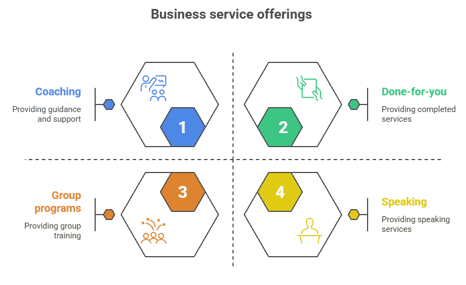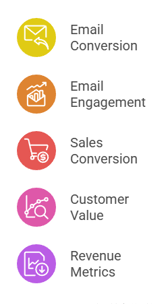
Podcast Monetization Beyond Ads: Using Lead Magnets to Create Revenue Streams
Discover how to monetize your podcast through strategic lead magnets that create multiple revenue streams beyond traditional sponsorships and advertising.
C.Burbank
6/2/20252 min read


How to Transform Your Podcast Content into Profitable Products and Services
While advertising and sponsorships remain the most visible podcast monetization methods, they're rarely the most profitable, especially for niche podcasts with dedicated but smaller audiences. Strategic lead magnets offer a pathway to more sustainable, diversified revenue that doesn't depend on chasing download numbers.
The Lead Magnet Monetization Framework
Effective podcast monetization through lead magnets follows a three-stage framework:
Capture: Convert listeners to email subscribers through valuable free content
Nurture: Build trust through consistent email communication
Convert: Present targeted offers that solve specific problems
This approach leverages your podcast content to create a sales funnel that feels natural to your audience rather than disruptive like traditional ads.
Stage 1: Premium Content Extensions
Start by creating enhanced versions of your existing podcast content:
Extended interviews: Offer additional segments with guests that didn't make it into the main episode
Deep-dive guides: Expand on concepts mentioned briefly in episodes
Implementation resources: Provide tools that help listeners apply what they've learned
These premium extensions can be monetized through:
One-time purchases
Monthly membership subscriptions
Tiered access models
The key advantage is that your podcast has already pre-sold your audience on the value of this content, making conversion significantly easier.
Stage 2: Membership Communities
Your podcast creates a sense of connection with listeners. Capitalize on this by creating a community platform where subscribers can:
Access exclusive content
Interact with you directly
Connect with other listeners
Participate in group challenges or programs
Membership communities create recurring revenue while reducing the constant pressure to create new content. They also provide valuable feedback and ideas for future podcast episodes, creating a virtuous cycle of content development.
Stage 3: Service-Based Revenue
For many podcasters, especially in business, marketing, health, and personal development niches, their podcast serves as an excellent pre-qualification tool for higher-ticket services. Use targeted lead magnets to identify subscribers who might benefit from:
Coaching or consulting
Done-for-you services
Group programs
Speaking engagements
Design lead magnets that naturally lead to service offerings, such as assessment tools, diagnostic quizzes, or free consultations that demonstrate the value of your premium offerings.
Stage 4: Digital Products and Courses
Package your expertise into digital products that solve specific problems for your audience:
Online courses that expand on popular episode themes
Templates and frameworks mentioned in episodes
Software tools that automate processes you discuss
Your podcast content effectively serves as the marketing for these products, reducing your customer acquisition costs significantly.
Measurement and Optimization
Track these key metrics to refine your monetization strategy:
Email list conversion rate from podcast listeners
Open and click rates for promotional emails
Sales conversion rates for various offerings
Customer acquisition cost compared to lifetime value
Revenue per download/subscriber
Use this data to continuously optimize your lead magnet strategy,
focusing resources on the highest-performing funnels.




